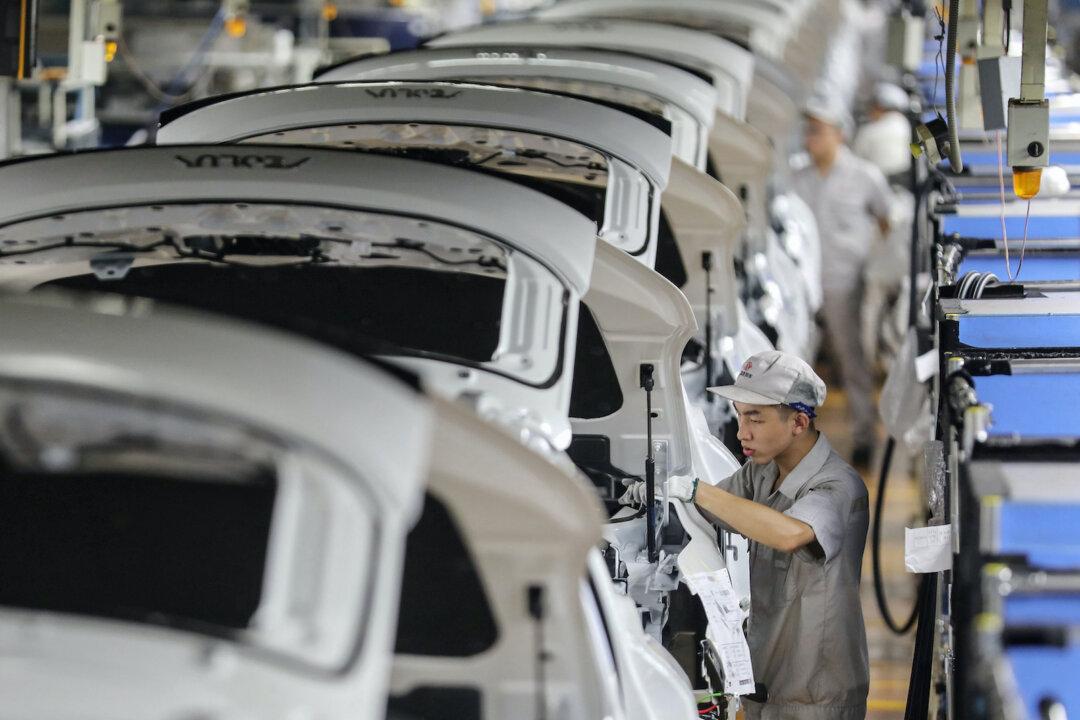U.S. Commerce Secretary Gina Raimondo says American companies have complained to her that China has become “uninvestable” as the level of risk associated with doing business there has spiked amid factors such as changes to counterespionage laws and raids on foreign firms.
Ms. Raimondo made the remarks on Aug. 29 while on a train heading to Shanghai from Beijing during an official visit to China.





